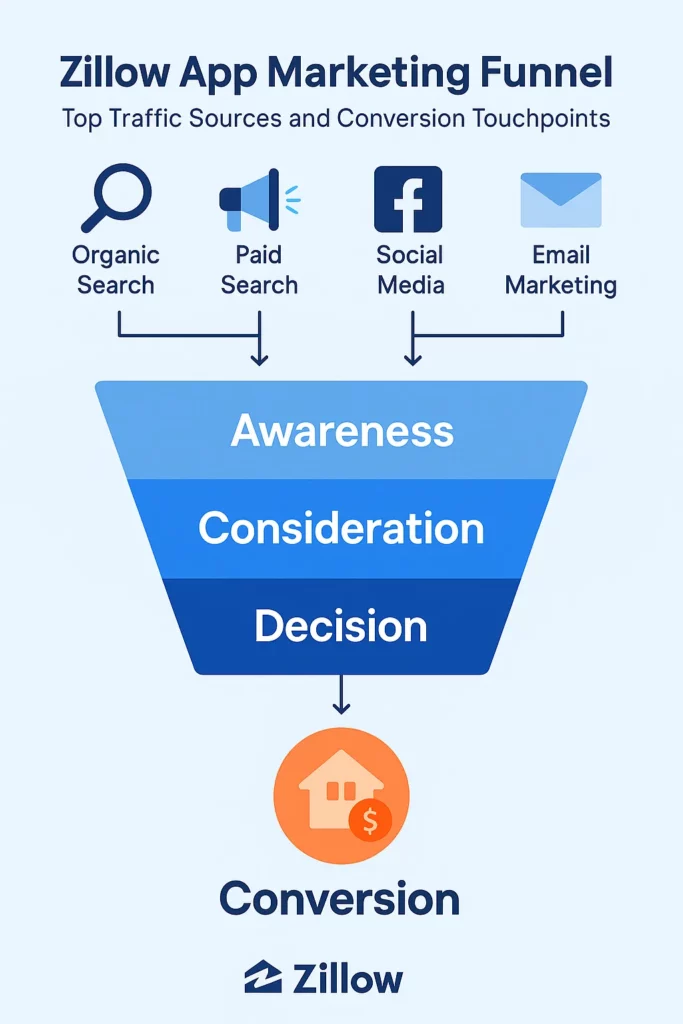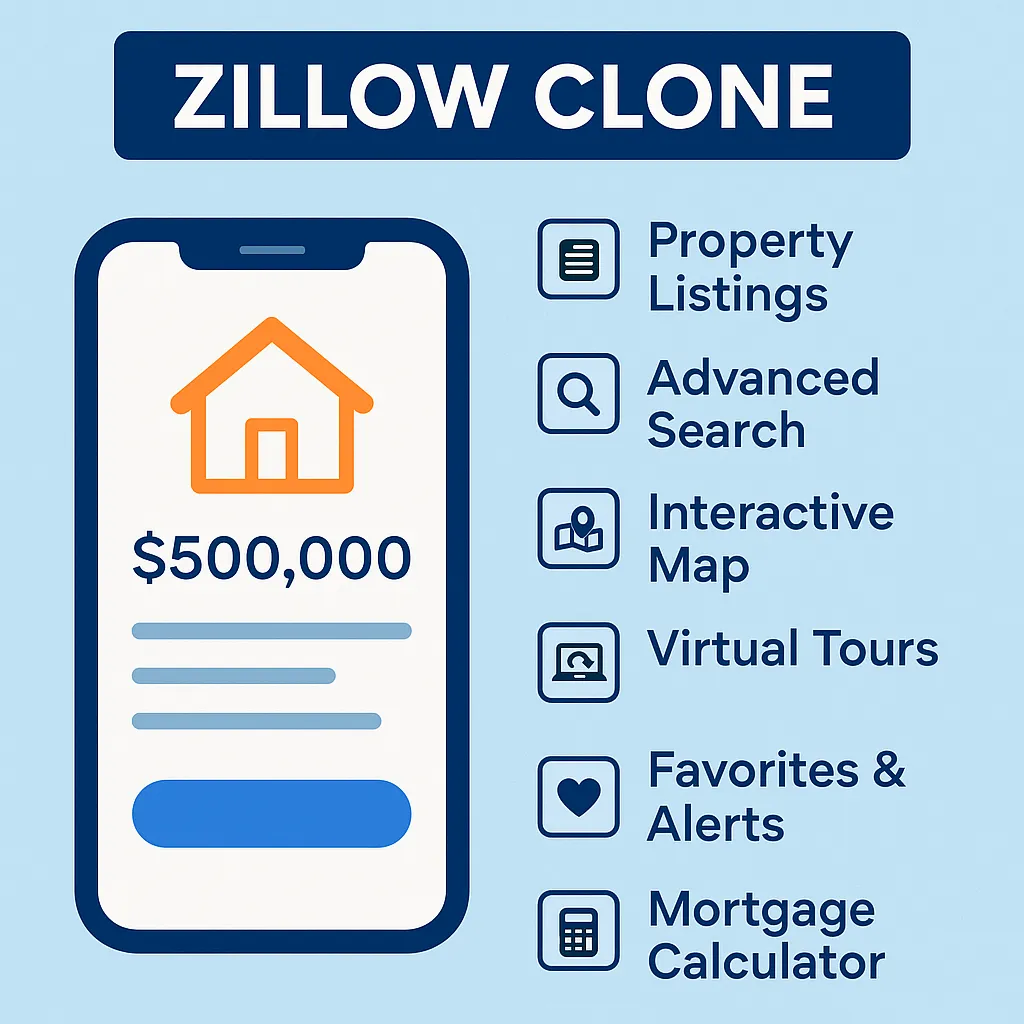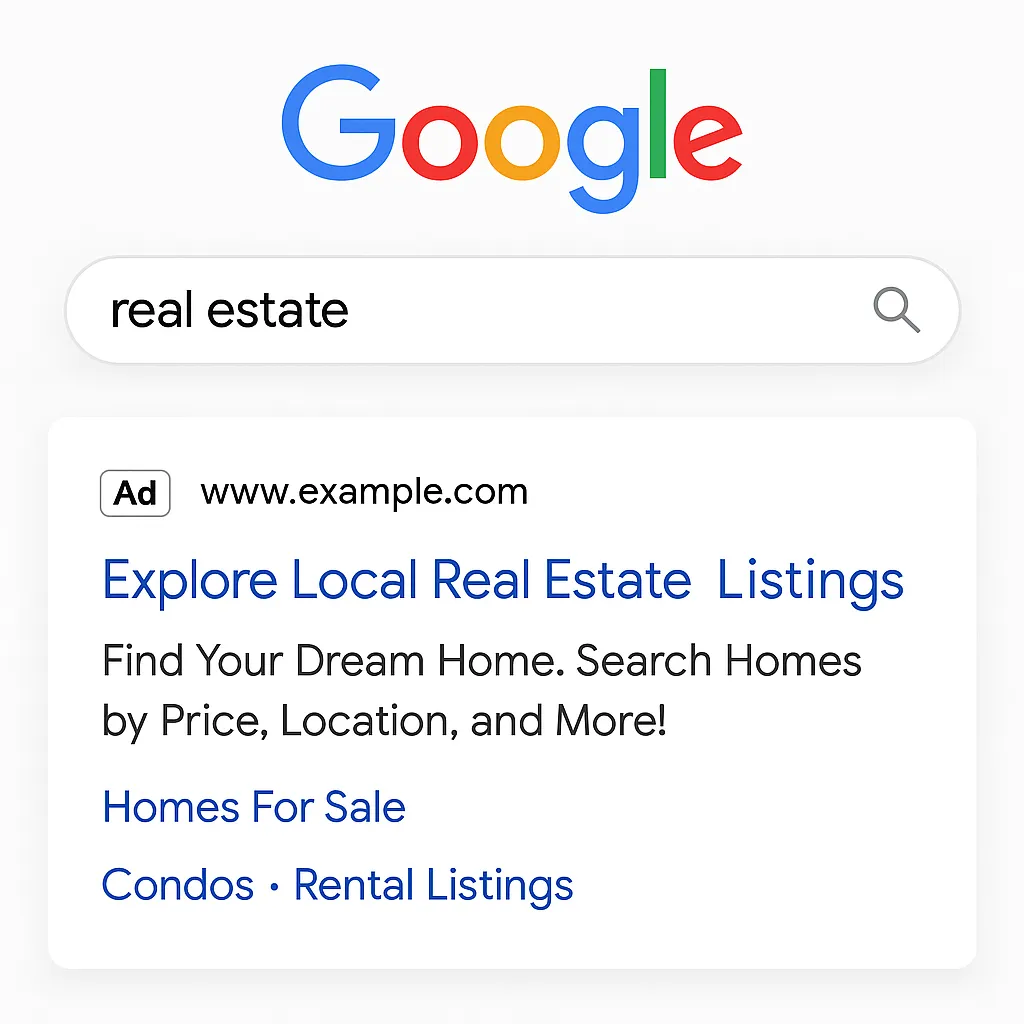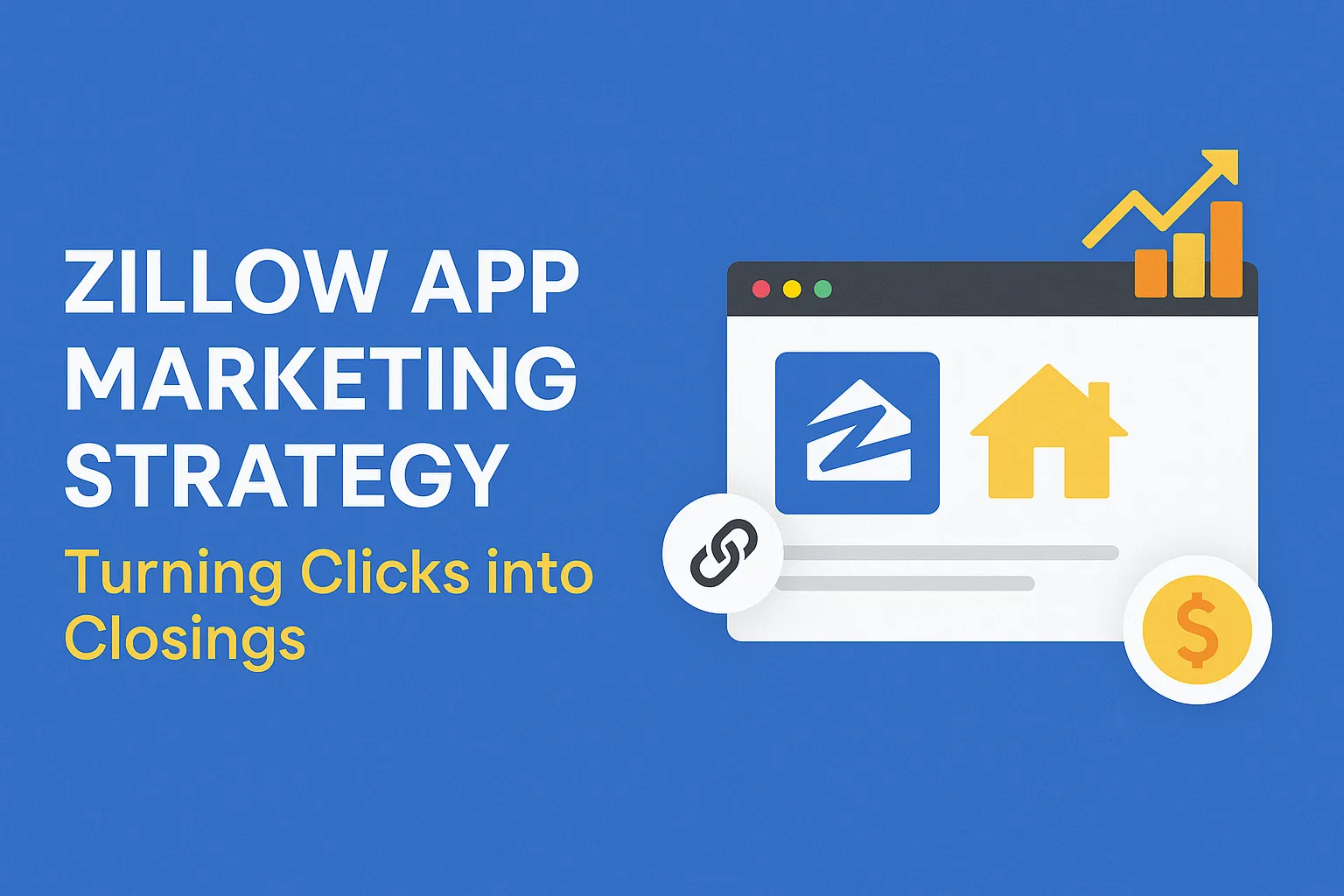A startup buddy once told me, “Building a property listing app is the easy part. Getting someone to list a house on it? That’s war.” And he wasn’t wrong. The real estate game—especially online—isn’t just about pretty pictures of condos. It’s about trust, timing, and giving users a reason to ditch Zillow.
The Zillow app is a beast. It ranks on top, dominates search, and has brand recognition that most startups can only dream about. But that doesn’t mean it’s unbeatable. Zillow grew because of smart marketing, not just a fancy map and filters.
If you’re building a Zillow clone and want people to actually use it, you’ll need more than a launch plan. You need a marketing engine. And guess what? Miracuves can help you power it—from the codebase to conversions.

Why Zillow Wins: Decode Their Marketing Formula
Zillow didn’t just build a property search platform — they built trust in an industry full of fine print and fuzzy listings. This blog unpacks the strategic moves behind Zillow’s marketing success: from dominating search rankings with SEO-savvy content to leveraging emotional storytelling and hyperlocal targeting. We’ll explore how Zillow personalizes the home-hunting experience, gamifies user engagement, and builds authority with data-backed insights. If you’re building a real estate app or aiming to disrupt the property tech space, decoding Zillow’s playbook is your first move.
- SEO Domination: Zillow ranks for millions of real estate keywords thanks to smart content architecture, city-specific pages, and listing-rich URLs.
- Zestimate Hook: Their proprietary “Zestimate” tool drives traffic by offering instant property value estimates — a brilliant lead magnet.
- Emotional Storytelling: Marketing campaigns focus on life moments (first home, dream home, relocation) rather than just listings.
- User Personalization: From “Saved Searches” to email alerts, Zillow creates a tailored user journey that keeps buyers and renters coming back.
- Trust Through Transparency: Rich listing data, school ratings, neighborhood maps, and price trends build confidence and cut user doubt.
According to SensorTower, Zillow consistently ranks among the top real estate apps by both downloads and user engagement.
Before we cook up your marketing game plan, let’s reverse-engineer Zillow’s.
What They Nailed:
- Content-first SEO: School districts, mortgage calculators, neighborhood guides
- Emotional storytelling: From “dream homes” to “first homes”
- UX micro-features: Save search, instant alerts, Zestimate trust factor
- Omnichannel visibility: App Store, Google Ads, YouTube, even HGTV partnerships
Learn More: Build an App Like Zillow – Full Developer Guide (Node.js & PHP)
Step 1: Start with Hyper-Local SEO
Zillow ranks for “Homes in Austin” because they have hundreds of city-specific, keyword-optimized pages.
What to Do:
- Create landing pages for every city and neighborhood
- Add schema markup for addresses, reviews, pricing
- Embed area-specific blogs and stats
Example: “Affordable 2BHK Rentals in Denver’s Five Points Neighborhood”
Step 2: App Store Optimization for Property Discovery
People do search for “house hunting app” and “real estate nearby” on app stores.
ASO Essentials:
- Keyword-rich app name & subtitle (e.g., “DreamFind: Homes & Rentals”)
- Geo-targeted screenshots
- Incentivize happy users for reviews
Step 3: Invest in Data-Driven Email Funnels
Zillow converts browsers into buyers using email drip campaigns based on user behavior.
What You Need:
- Welcome flow: “Thanks for signing up. Ready to find your dream home?”
- Reminder flow: “3 new homes just listed in your saved area.”
- Educational flow: Mortgage myths, buying tips, market forecasts
Learn More: Zillow App Features Explained for Startups & Founders
Step 4: Lean into User-Generated Content
Homeowners and agents are your biggest (and free-est) marketing channel.
Activation Ideas:
- Video tours by agents or tenants
- Share “home reveal” moments from buyers
- Reviews tied to listing pages
Example: Zillow’s agent profiles and photo-heavy reviews drive local SEO juice

Step 5: Crush It on Social Media
Social is where aspirational meets actionable.
Platform Strategies:
- Instagram: Before/after renovation Reels
- Pinterest: Dream homes and DIY decor boards
- YouTube: Walkthroughs and first-time buyer series
Example: Zillow’s “Zillow Gone Wild” series went viral for quirky properties
Step 6: Paid Ads that Don’t Scream “Sell”
Real estate ads work best when they educate and nudge, not hard sell.
What Works:
- Dynamic Google Ads showing listings based on search intent
- Facebook lead ads for first-time buyer checklists
- Retargeting ads with price-dropped listings
Example: Google Ads preview mockup for real estate keywords

How to Build Your Own Zillow Clone with Miracuves
Conclusion
You don’t have to be Zillow to market like them. All you need is their blueprint and your story. Mix strategic SEO, social charm, and data-backed nurturing to start winning hearts and homes.
At Miracuves, we help innovators launch high-performance app clones that are fast, scalable, and monetization-ready. Ready to turn your idea into reality? Let’s build together.
FAQs
How does Zillow get so much traffic?
Zillow combines strong SEO, targeted paid ads, and high user trust to drive massive organic and referral traffic.
What budget should I set for marketing a real estate app?
You can start lean with $2K–$3K/month focusing on SEO, social ads, and email automation.
Is local SEO really that important?
Absolutely. Real estate is hyper-local, and Google ranks pages that mention cities, zip codes, and neighborhoods.
How can I stand out from Zillow?
Find a niche (luxury, student housing, green homes), build better content, and humanize your brand voice.
Are Facebook ads worth it for real estate?
Yes, especially lead-gen campaigns and retargeting for interested property seekers.
Should my Zillow clone have a blog?
Yes! Blogs help with SEO, build authority, and provide value that keeps users engaged and coming back.








